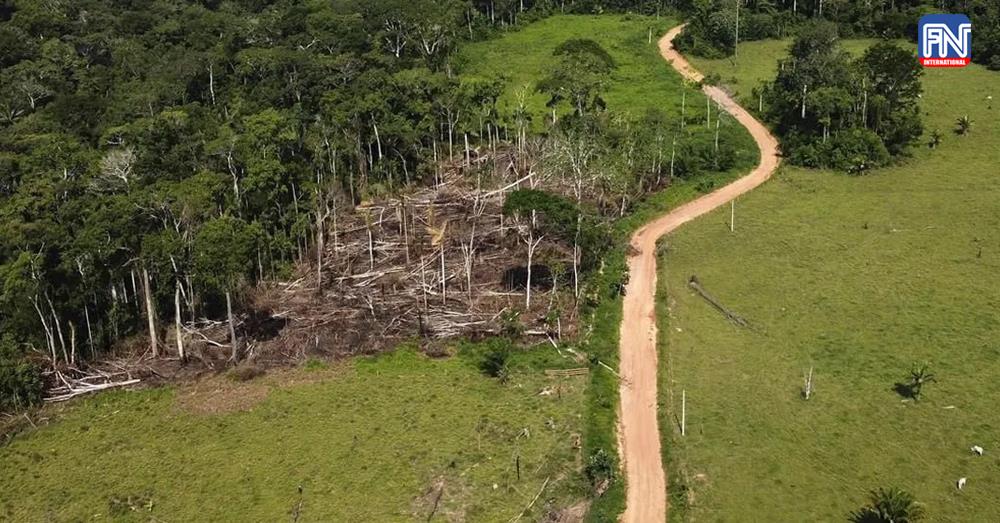BRASILIA, July 6 (Aljazeera) - Deforestation in Brazil’s Amazon rainforest fell 34 percent in the first half of 2023, preliminary government data shows, hitting its lowest level in four years as President Luiz Inacio Lula da Silva institutes tougher environmental policies.
Data produced on Thursday by Brazil’s national space research agency Inpe indicated that 2,649sq km (1,023sq miles) of rainforest were cleared in the region in the first half of this year, the lowest level of clearing since 2019.
“It’s very positive, but we continue to have very high levels of deforestation,” said Daniel Silva, an analyst at the nonprofit WWF-Brasil.
Lula, 77, took office in January promising to end deforestation by 2030, after surging destruction under his predecessor, Jair Bolsonaro, who had slashed environmental protection efforts.
During Bolsonaro’s 2019 to 2022 term in office, deforestation of the Amazon shot up 75 percent compared with the average over the previous decade. The former far-right leader had called for more farming and mining on protected lands, saying it would lift the region out of poverty.
Environment Minister Marina Silva said in a press briefing on Thursday that the fall in deforestation was a direct result of the Lula government quickly ramping up resources for environmental enforcement.
“We are making every effort to ensure that [our anti-deforestation plan] is already in full swing. This is the result of our emergency efforts,” Silva said.
In June alone, satellite data from Brazil’s national space agency, or INPE, showed deforestation totalled 663sq km (255sq miles), down 41 percent compared with the same month a year ago. Whether annual deforestation will show an overall decline remains to be seen, as the annual peak in deforestation and fires runs from July to September.
“July tends to have an explosion in deforestation,” said Joao Paulo Capobianco, Silva’s deputy at the environment ministry.
Last month, Brazil’s government unveiled its plans to meet Lula’s pledge to eliminate deforestation in the Amazon by 2030, using a long list of measures, including strengthened law enforcement, against environmental crimes and green economic development.
Lula has also tried to persuade the world’s wealthiest countries to pay for initiatives designed to safeguard the Amazon, adding to work done by Norway and Germany through the so-called Amazon Fund.
Environmental protection is a key issue as the South American trade bloc Mercosur negotiates a long-delayed free trade accord with the European Union.
The EU recently made new demands of the four Mercosur countries to fight environmental crimes.
